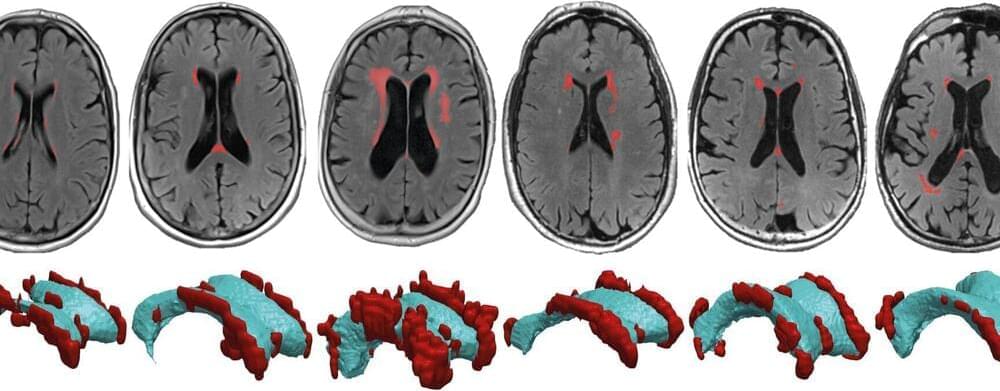Dec 31, 2021
U.S. Population Grows at Lowest Rate on Record During Pandemic
Posted by Eric Klien in categories: biotech/medical, life extension
The US population is almost not growing.
The U.S. population grew at the slowest rate on record in 2021 as slowing migration, an aging population and low birth rates were exacerbated by the Covid pandemic, U.S. Census Bureau data released Tuesday show.
The population expanded by just 0.1% or 392,665 people this year, a smaller increase than during the influenza pandemic and World War I in the early years of the last century. It’s also the first time since 1937 that the population has expanded by less than 1 million.
Continue reading “U.S. Population Grows at Lowest Rate on Record During Pandemic” »


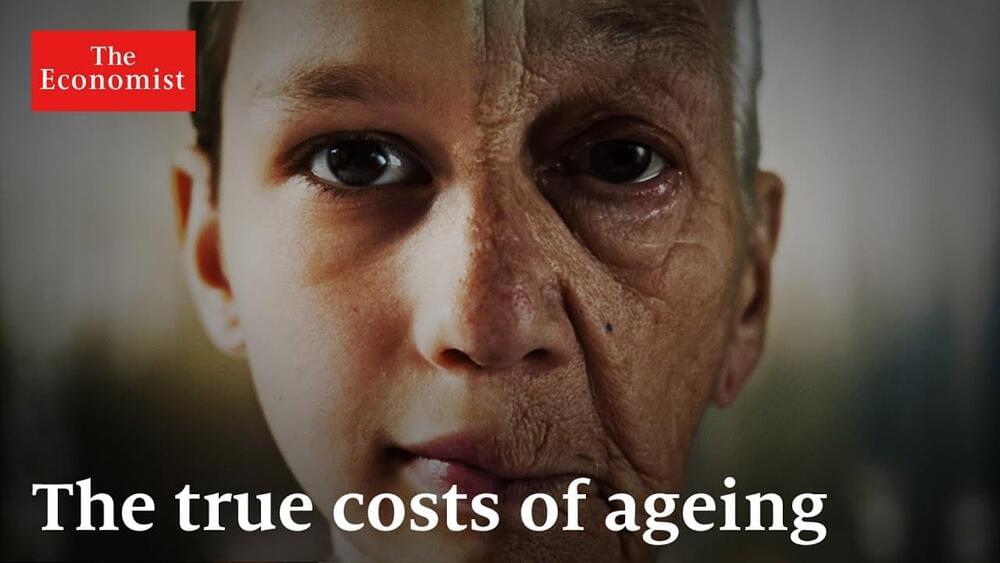
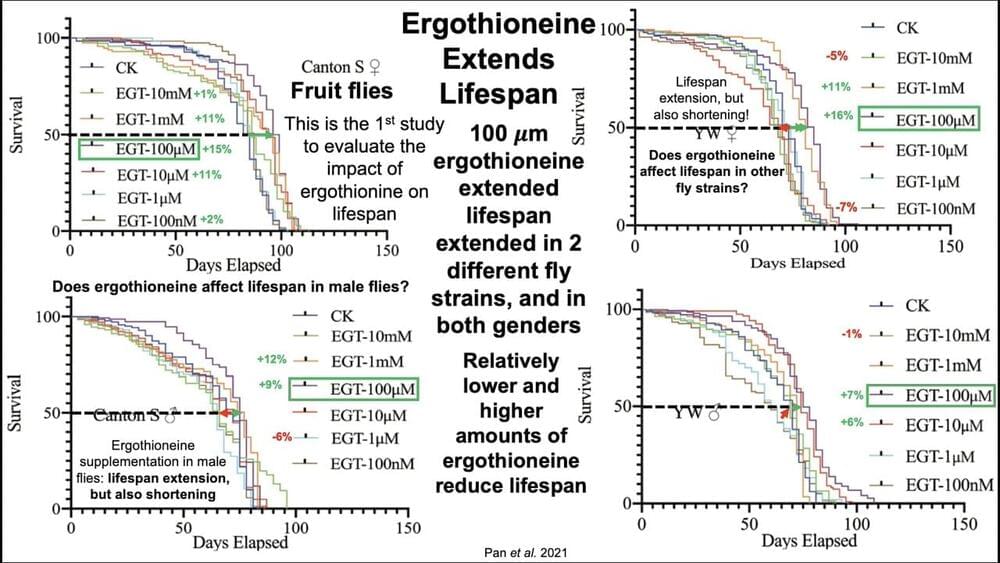

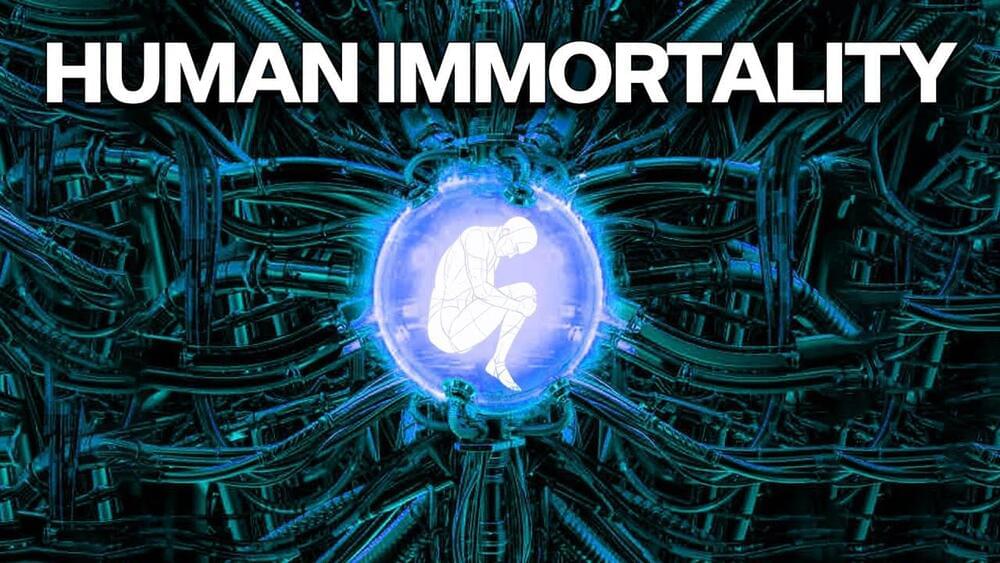
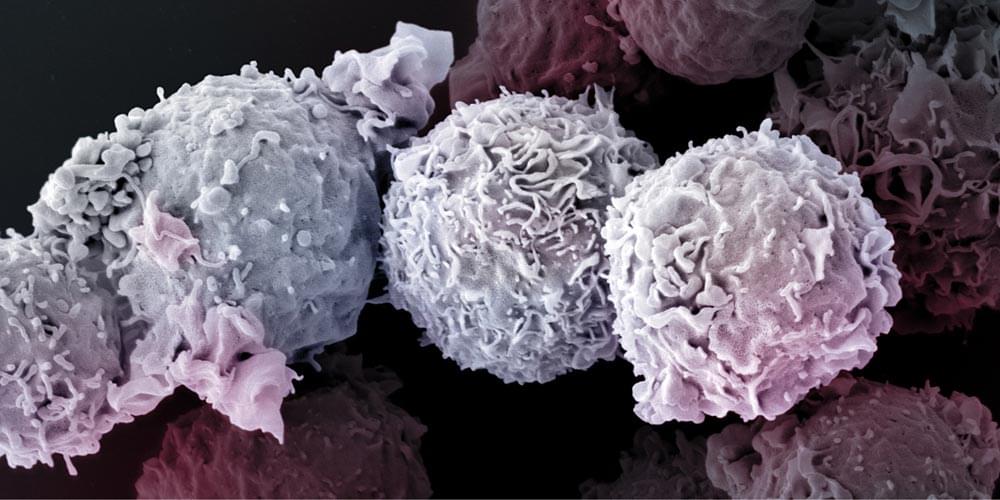
 A good deal of evidence points to declining kidney function as a cause of declining cognitive function in aging. There are
A good deal of evidence points to declining kidney function as a cause of declining cognitive function in aging. There are 
